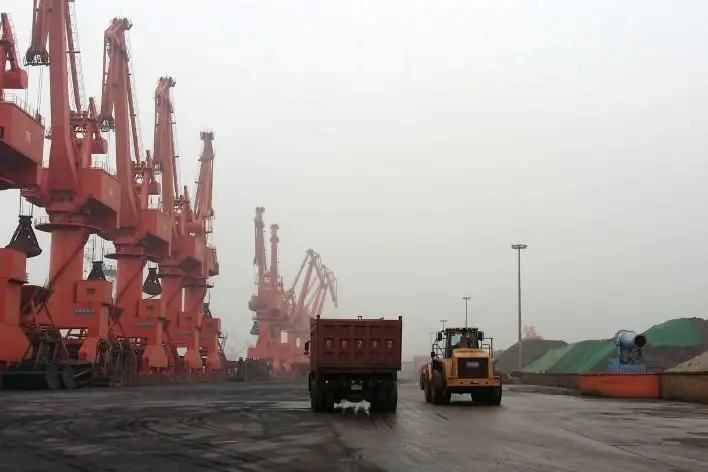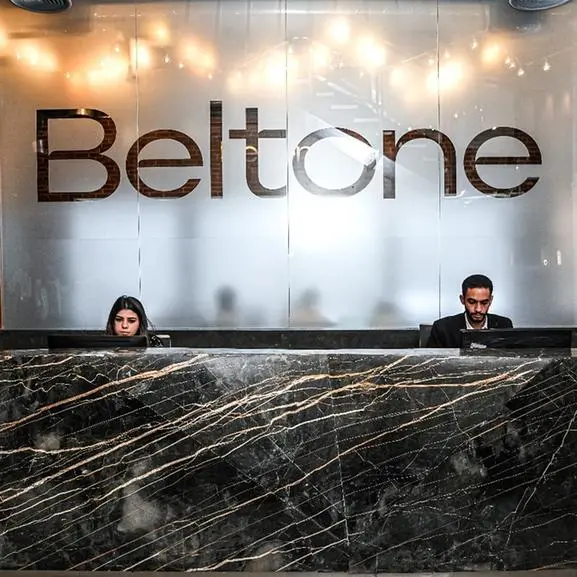PHOTO
MANILA - Chinese iron ore futures dropped for a fifth session in six on Wednesday, hitting their lowest in 1-1/2 weeks, amid worries demand for the steelmaking raw material will be curbed by restrictions on steel output in the country.
While appetite for high-grade iron ore remains strong in line with China's drive against pollution, demand for lower grade material has stayed weak, traders said.
The most traded January iron ore on the Dalian Commodity Exchange closed down 1.6 percent at 502.50 yuan a tonne, after hitting a session low of 498 yuan, its weakest since Aug. 6.
On Tuesday, spot iron ore for delivery to China's Qingdao port slipped 0.7 percent to $68.02 a tonne, the lowest since Aug. 3, according to Metal Bulletin.
Apart from ongoing production curbs implemented by Chinese cities including top steel producer Tangshan, northern mills will be required to cut capacity by 30-50 percent over winter, the second straight year such measures will be enforced.
Despite the steel production limits, China's iron ore imports rose 8 percent from June to 89.96 million tonnes in July.
Restrictions in sintering capacity in China that would last through the end of this month had curbed demand for iron ore, particularly lower grade material, said an iron ore trader in Singapore. During sintering, iron ore is processed before being used for steelmaking.
"While demand for low grade iron ore continues to be weak, we are consistently seeing enquiries for high grade iron ore, pellet, pellet feed and concentrate," he said.
The output curbs kept steel prices firm. The most active rebar contract on the Shanghai Futures Exchange ended 0.1 percent higher at 4,345 yuan ($630) a tonne, not far below Tuesday's peak of 4,370 yuan, its loftiest since April 2012.
The top steelmaking northern Chinese province of Hebei will cut smog by a further 15 percent by 2020 and aims to make almost half of its groundwater supplies safe for human use by the end of the decade, according to a policy document released late on Tuesday.
In China's second-largest steelmaking province, Jiangsu, steel mills will be required to move to two new areas on the coast in the next few years to reduce air pollution and to make the industry more efficient.
Coking coal rose 1 percent to 1,271.50 yuan per tonne and coke gained 0.3 percent to 2,490 yuan.
(Reporting by Manolo Serapio Jr.; Editing by Subhranshu Sahu)
© Reuters News 2018





















